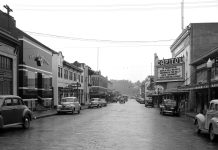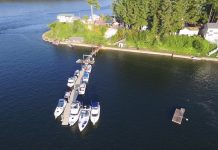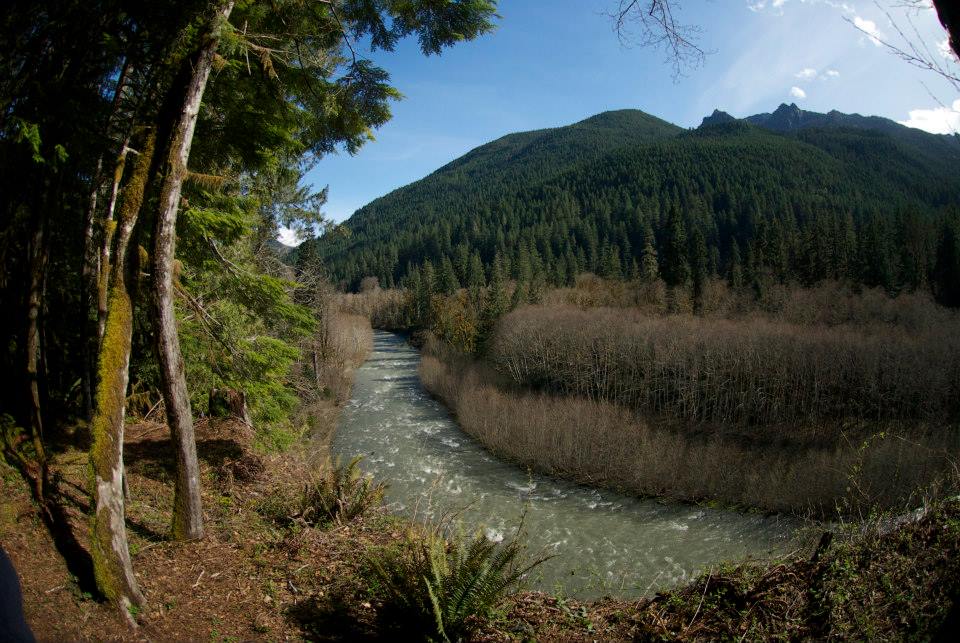Submitted by Forest Service
As the Fourth of July holiday approaches, forest officials are reminding the public that all fireworks – sparklers included – are prohibited on all federal lands, including Olympic National Forest and Olympic National Park. With abnormally dry conditions and an above average probability for large and costly wildfires this summer visitors are also reminded to be careful with campfires.
About 85 percent of all wildfires that occur annually in Washington are human caused. By following these safety tips, visitors can help prevent avoidable human caused wildfires:
- Let the night sky be your show
Fireworks are illegal on all public lands managed by the U.S. Forest Service, Bureau of Land Management, and National Park Service. Violators are subject to a maximum penalty of a $5,000 fine and/or up to six months in jail (36 CFR 261.52) and may additionally be held liable for suppression costs. Check local jurisdictions if visiting State, County, or City parks.
- Check current fire restrictions before lighting a fire
No other fire restrictions are currently in place on the Olympic National Forest but fire conditions are subject to change quickly. Always check with the appropriate land management agency before starting a fire. For updated fire restriction information, visit:
- Olympic National Forest, www.fs.usda.gov/olympic
- Olympic National Park, https://www.nps.gov/olym
- Washington State Department of Natural Resources, https://fortress.wa.gov/dnr/protection/firedanger/
- Keep campfires small
A campfire is less likely to escape control if it is kept small. A large fire may cast hot embers long distances. Add firewood in small amounts as existing material is consumed.
- Select the right spot for your campfire
Where campfires are allowed, choose a site with an existing ring. Fire pits in established campgrounds are the best spots. If you are dispersed camping and choose to build a campfire, avoid building it near your tent, structures, vehicles, shrubs or trees, and be aware of low-hanging branches overhead. Clear the site down to bare soil, at least five feet on all sides, and circle it with rocks. Store unused firewood a good distance from the fire. Please follow Leave No Trace principles to minimize campfire impacts.
- Extinguish all campfires before leaving – even if gone for a short period of time
Bring a shovel and a bucket of water to extinguish any escaped embers. When you are ready to leave, drown all embers with water, stir the coals, and drown again. Repeat until the fire is DEAD out. If it is too hot to touch, it is too hot to leave.
- Attend your campfire at all times
A campfire left unattended for even a few minutes can grow into a costly, damaging wildfire. Stay with your campfire from start to finish until it is dead out, as required by law. That ensures any escaped sparks or embers can be extinguished quickly.
Call 911 to report the illegal use of fireworks or unsafe fire use. Additional campfire and wildfire safety information can be found at the Smoky the Bear website.


















































